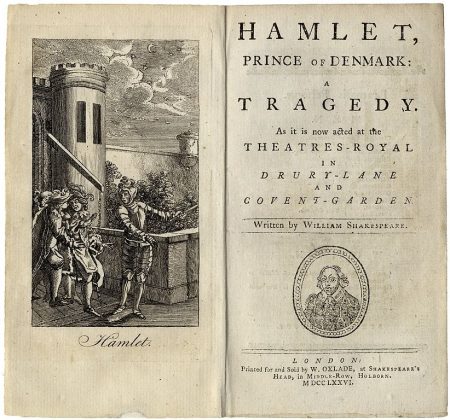Jonathan Kaufman 18 June 2019
Ten minutes – 600 seconds – might not sound like a lot of time but you’d be surprised what you can cram into that short space. Remember, it’s VERY easy to bore an audience in ten minutes, let alone two hours, so consider the following points:

- What’s the story? We want to know what happens next so create some expectation from the word go: who are these people? Why are they there? What do they want from each other? And most importantly WHAT’S AT STAKE?
- Keep it simple. You’re not writing The Crucible or Hamlet. You don’t need more than two, at most three, and certainly no more than four, characters. Consider the permutations in terms of relationships of even three characters. Again, ask what they WANT of each of other. Simple objectives can be made complex by both situation and status – who has all the power here? How does the other character challenge that power structure? Play with shifting the status from one character to another and back again. This creates a DYNAMIC which is what most fascinates an audience.

- Drive the dramatic action through dialogue. A short play doesn’t need lots of physical action – maybe your characters don’t even need to leave their chairs – but it does need them to DO things to each other. How do they use their words to win over, seduce, coerce, persuade, intimidate, belittle, manipulate, attack, defend, provoke, inspire one another? From these verbal interactions build up a story based on shifting statuses, characters trying to achieve simple, then more complex, goals.
- Surprise us. Go on, we don’t want to second guess the outcome of your simple scenario, so genuinely surprise us. Shock us out of our complacency. We meet an old married couple celebrating an anniversary – we expect some recriminations maybe, some heartfelt regrets – but we don’t expect a ruthless confrontation between an arch-manipulator and a broken martyr. These characters are revealed to have always hated each other, while pretending an outward veneer of perfection. So pull the rug from under our feet. Surprise us.
- Write from the heart – not just what you know. The old cliché – write what you know – forget it. Invent. Make stuff up. Imagine what if. Take us to some interesting places – the interior of the human heart. Avoid short plays set on trains, buses or at train stations, bus stops. Instead create interesting worlds and put interesting, outwardly simple but inwardly complex characters there. Put them through hell. You’ve got ten minutes. Go!
Come and see how our writers did it, in Postcards this Saturday at the Sydenham Centre.


